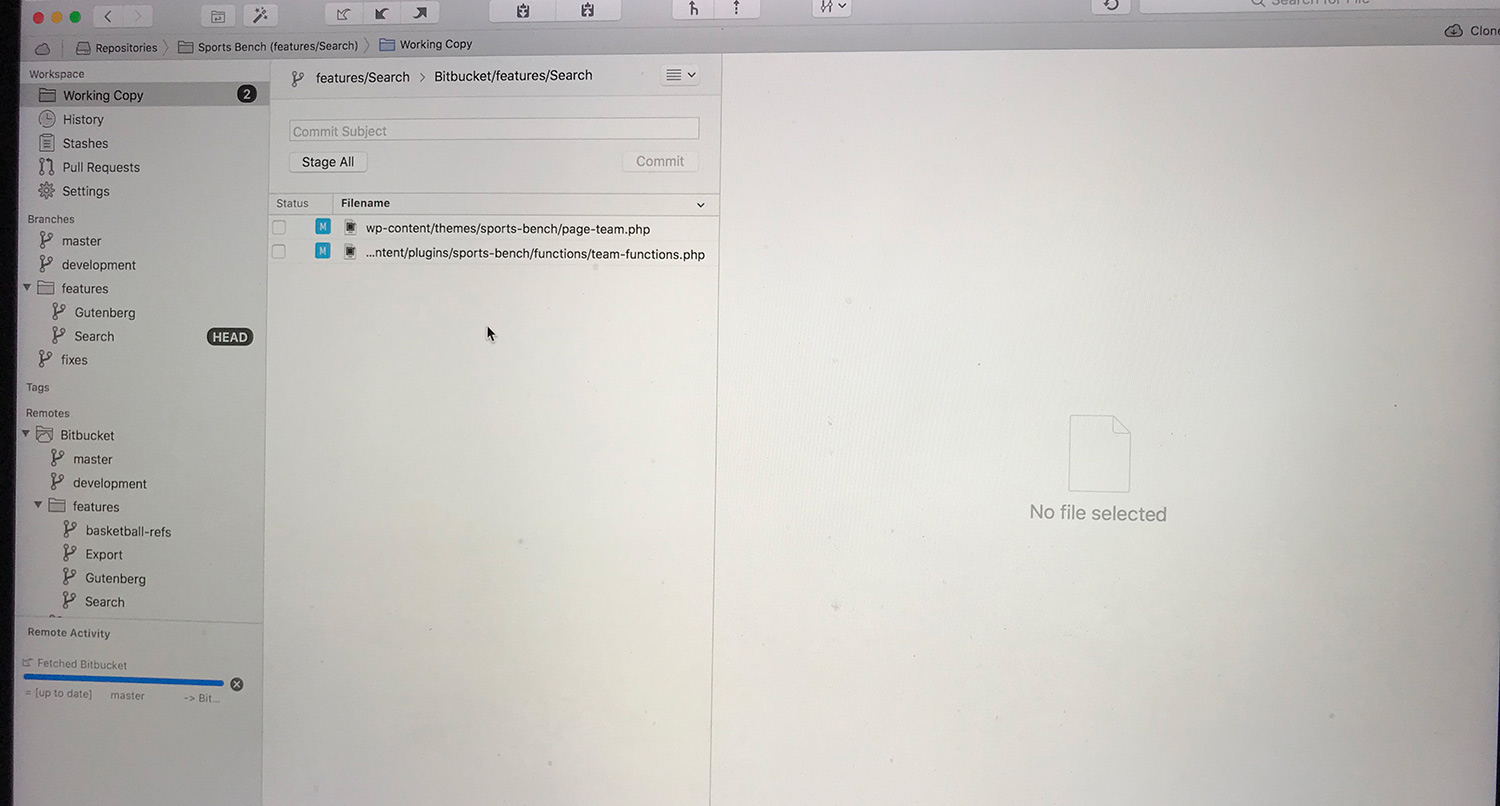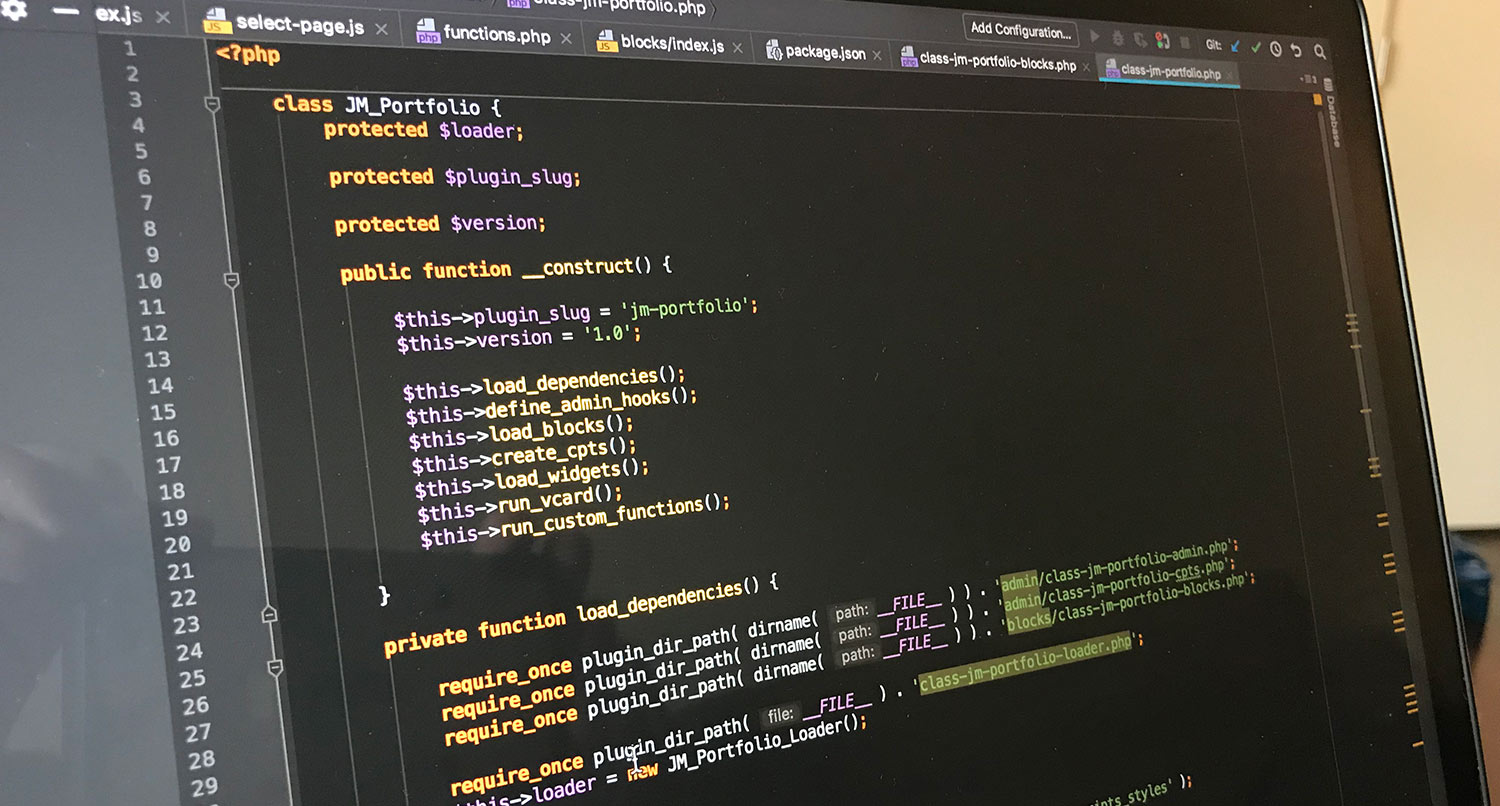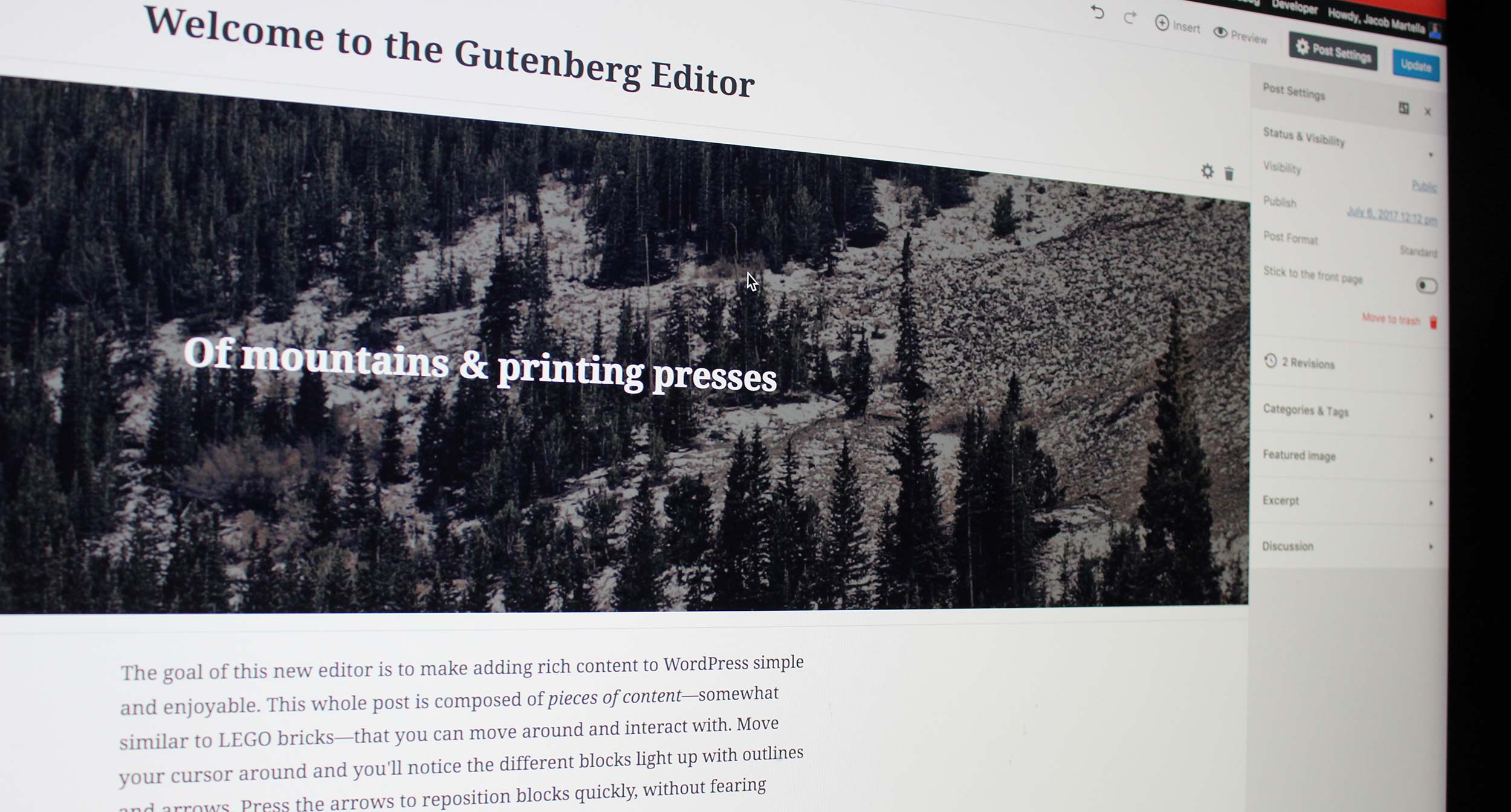If there’s a word of the year for WordPress, well, it has to be Gutenberg.
The new editor seems to be a divisive topic in the WordPress sphere these days. Either you love it or you hate it, and there really isn’t much room in between for nuanced opinion.
And with the new Gutenberg callout introduced in WordPress 4.9.8, more people have started to try the new editor and formed their own opinions on it.
But as more and more people, and perhaps yourself, begin to try the new editor, I want to give you a bit of a word caution: be patient with the new editor and give it time. That approach will make things much easier overall for you, no matter what side of the debate you fall on.
It’s going to be a new work flow
Like any big change, you’re going to have to change the way you do things with Gutenberg coming.
When you first start using the new editor, things are going to seem weird at first. You’re probably used to the TinyMCU buttons at the top of the main editor, your custom fields and shortcodes. But Gutenberg doesn’t have that. Instead, a lot of things are in blocks that can take a bit to search for the first time out. And the custom fields are tucked away at the bottom.
That being said, once you move past the “what’s going on” stage and begin to use the new editor continuously, things become much easier and quicker. I’ve been using Gutenberg exclusively to write blog articles for almost a year now. At this point, everything in the new editor is second nature to me.
So before you rush to judgement, sit down, learn the new editor and use it over and over. I think you’ll get the hang of it pretty quickly.
First versions can be a bit imperfect
Also, as much as the Gutenberg team is working to make it the best as it can be when it’s finally released in core, first versions of things are still imperfect. You can plan, you can pour over code and you can run all sorts of checks, but there’s always some sort of real world case that you didn’t plan for.
Expecting the new editor to be 100 percent perfect with no errors is probably an unreasonable assumption. There are a lot of moving parts with Gutenberg, and the odds of them all working out of the gate aren’t exactly great. Heck, the current editor isn’t 100 percent perfect either.
So just exercise some patience while things continue to get ironed out. And if you do encounter problems, report them either in the support forums or on the GitHub repository.
Be respectful when reporting errors and issues you run into
But above all, please make sure to be respectful when critiquing the Gutenberg or voicing your displeasure with the direction of WordPress, if you feel that way. After all, these are volunteers working on the project doing the best that they can.
The vast majority of the folks doing work on Gutenberg are giving a lot of their time and themselves to do the best that they can. And they’re not in it for the money or the fame. Just to make WordPress better than it is today.
Now, this isn’t to say that you can’t be critical of Gutenberg at all. Personally, I’ve run into a few problems that I hope are figured out before it’s fully released. And it’s definitely not a perfect system as it currently stands. And you’re perfectly fine to write that, whether as a review, GitHub issue or blog post.
But when critiquing Gutenberg, be respectful. Harp on the system, not the people. Don’t resort to name calling or profanity the way society seems to be headed these days. That does nothing to advance your argument or WordPress in general.
So as Gutenberg continues to evolve and change heading into its merging into WordPress core, try to exercise some patience. New things take time to adapt to. And I’m sure they already have a plan to fix the thing that bothers you the most.






